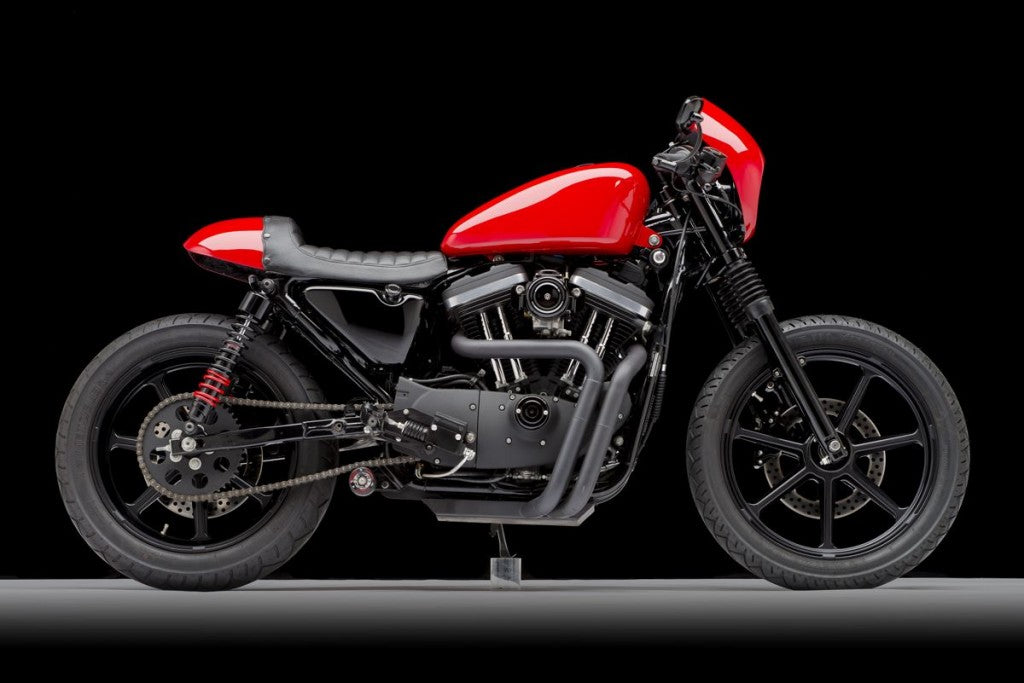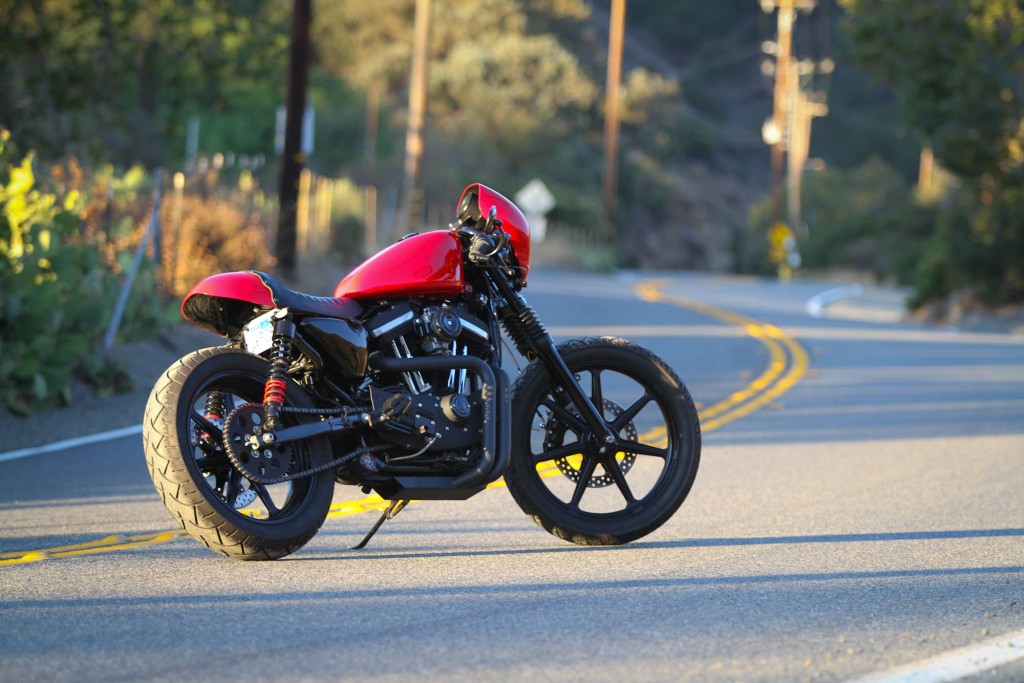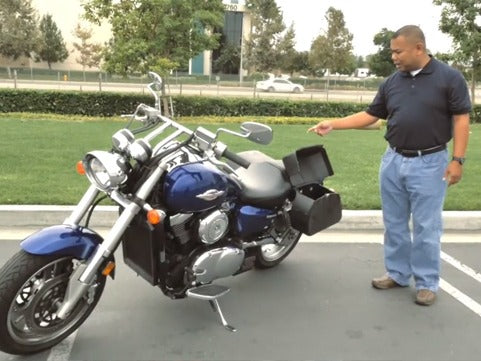
Photo credit: @Flickr
The logic here is simple, as gas prices rise people tend to look for more fuel efficient ways to get around, i.e. motorcycles. While we certainly aren’t ones to discourage motorcyclists from getting out there and riding, this trend also leads to more inexperienced riders, and more riders on the roads in general. The more riders you have on the roads, the higher the changes you’ll have that one of them might be involved in a fatal accident.
Motorcycle accidents don’t follow similar trends that we’ve seen in car accidents in the last few decades. For example, in Pennsylvania between the years 2001 and 2013 the accident rate for motorcycles increased 43 percent while, during the same time span, it decreased 27 percent for all other vehicles. This small sample shows that accident rates overall aren’t the same on motorcycles and other types of vehicles. With rising gas prices after the Irq War, we started seeing an influx of riders on the roads, unfortunately we also started seeing more accidents. A large majority of the decrease in accident rates has to do with the increase in safety that cars provide. Anti-lock brakes, air bags, seat belts, and stability control are improvements that have helped the average car commuter over the years. Comparable improvements on motorcycles are limited due to the nature of the motorcycles themselves but there are a few things we can do that will greatly increase our chance at surviving an accident.

Photo credit: @Flickr
The NHTSA, National Highway Traffic Safety Administration, recorded that over 1,600 motorcyclists were literally saved in an accident due to their helmet use in 2011 alone. That same year, they concluded that an additional 700+ could have been saved if the motorcyclists were wearing helmets. This all ties in again with the fact that more people are riding due to the higher gas prices. There are a lot of novice riders who switch to everyday commuters just to save commuting time and on gas money.
The biggest thing a motorcycle rider can do in order to better protect themselves in case of a crash is wearing a helmet, yet the percentage of people wearing helmets has actually declined since 1975. For example, in 1975 47 states required helmet use for all motorcyclists while that number stands at 19 today. Yes, there are more motorcyclists on the road today but the percentage is lower than what it was in 1975, not to mention that 28 states that required helmet use in 1975 now do not require it. While we understand that helmet use and requirements are a hot topic for everyone and your opinions varies per state, this statistic does lead one to believe that the increase in accidents, and consequently deaths, does have something to do with the lack of helmet use.
Riding under the influence doesn’t help either. Riding under the influence is contributed to 29 percent of fatally injured riders. Similarly, speeding is attributed to 35 percent of fatally injured riders as well. These few statistics are things that all riders are in control of and can greatly improve your chances at living an accident.
We know the need to get out and ride. Whether you’re a weekend warrior or an everyday rider, the higher the gas prices, the more likely you’re going to see other riders on the road. Be smart about the way you ride and the way you protect yourself, it could be a matter of life and death.
ALSO READ:
-
-

-
Top Motorcycle Cruiser Brands to Choose From
- Read More
-
-
-

-
Customer of the Week – Frank & His Suzuki Boulevard C50
- Read More
-










Leave a comment
All comments are moderated before being published.
This site is protected by reCAPTCHA and the Google Privacy Policy and Terms of Service apply.